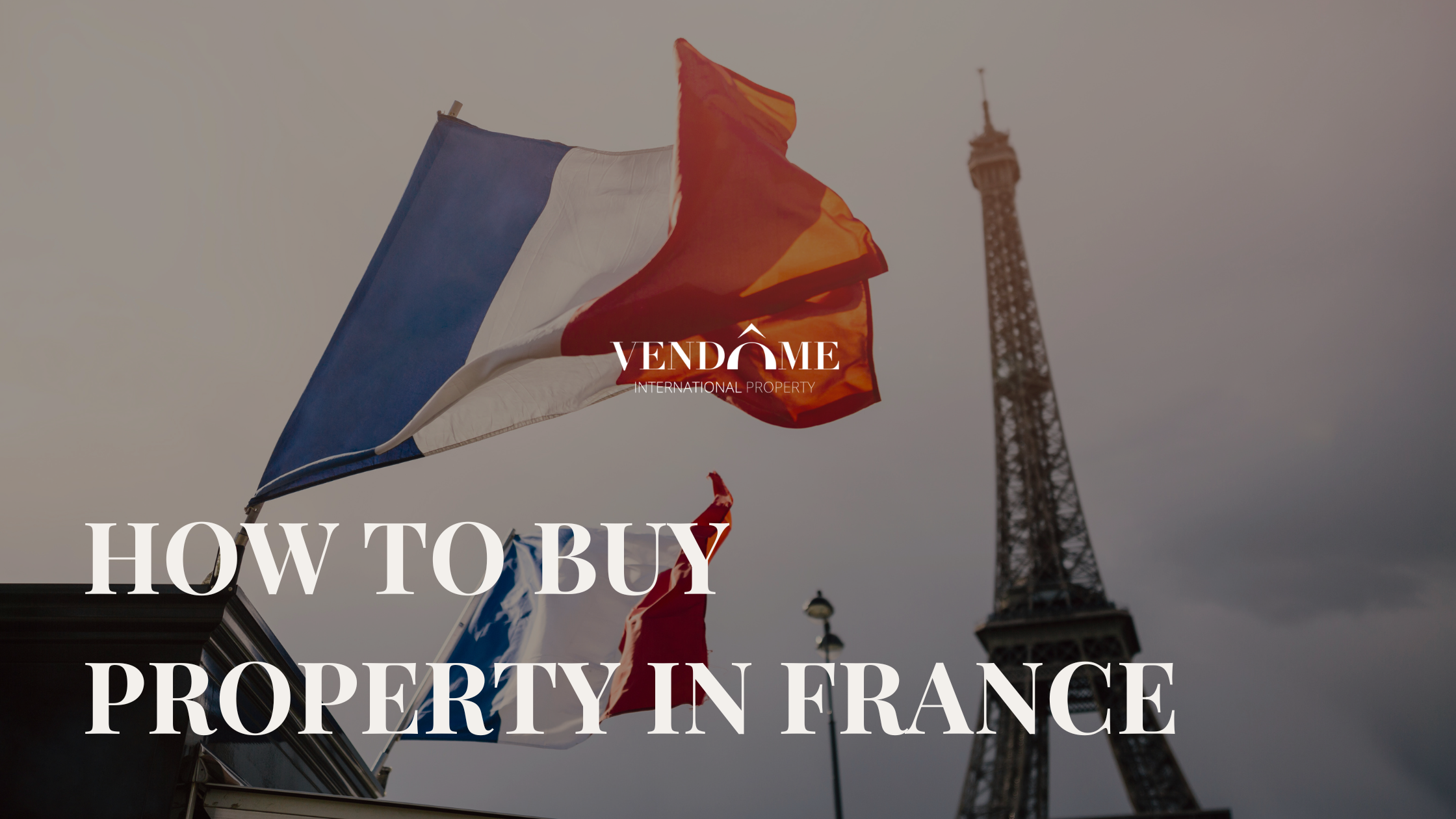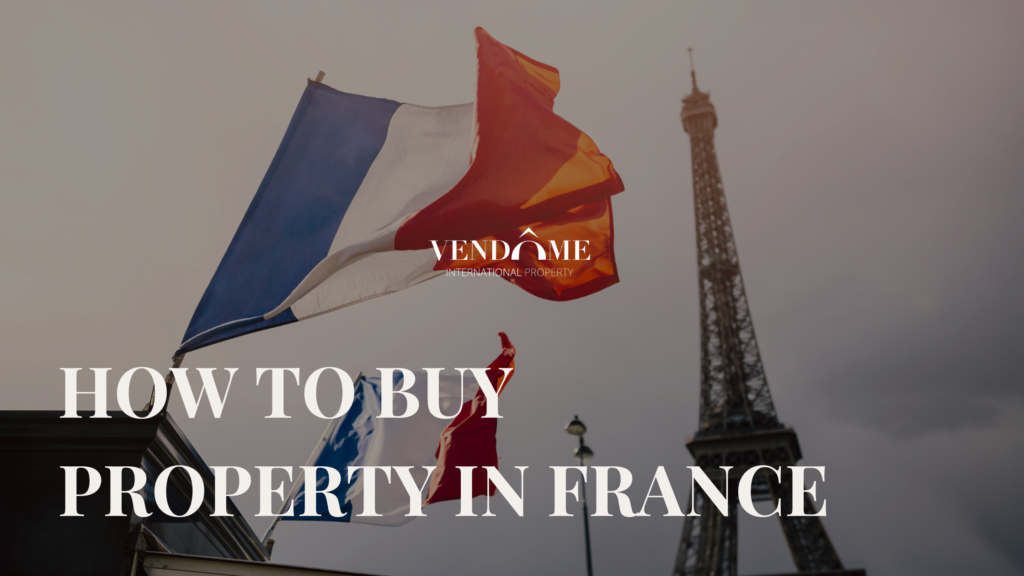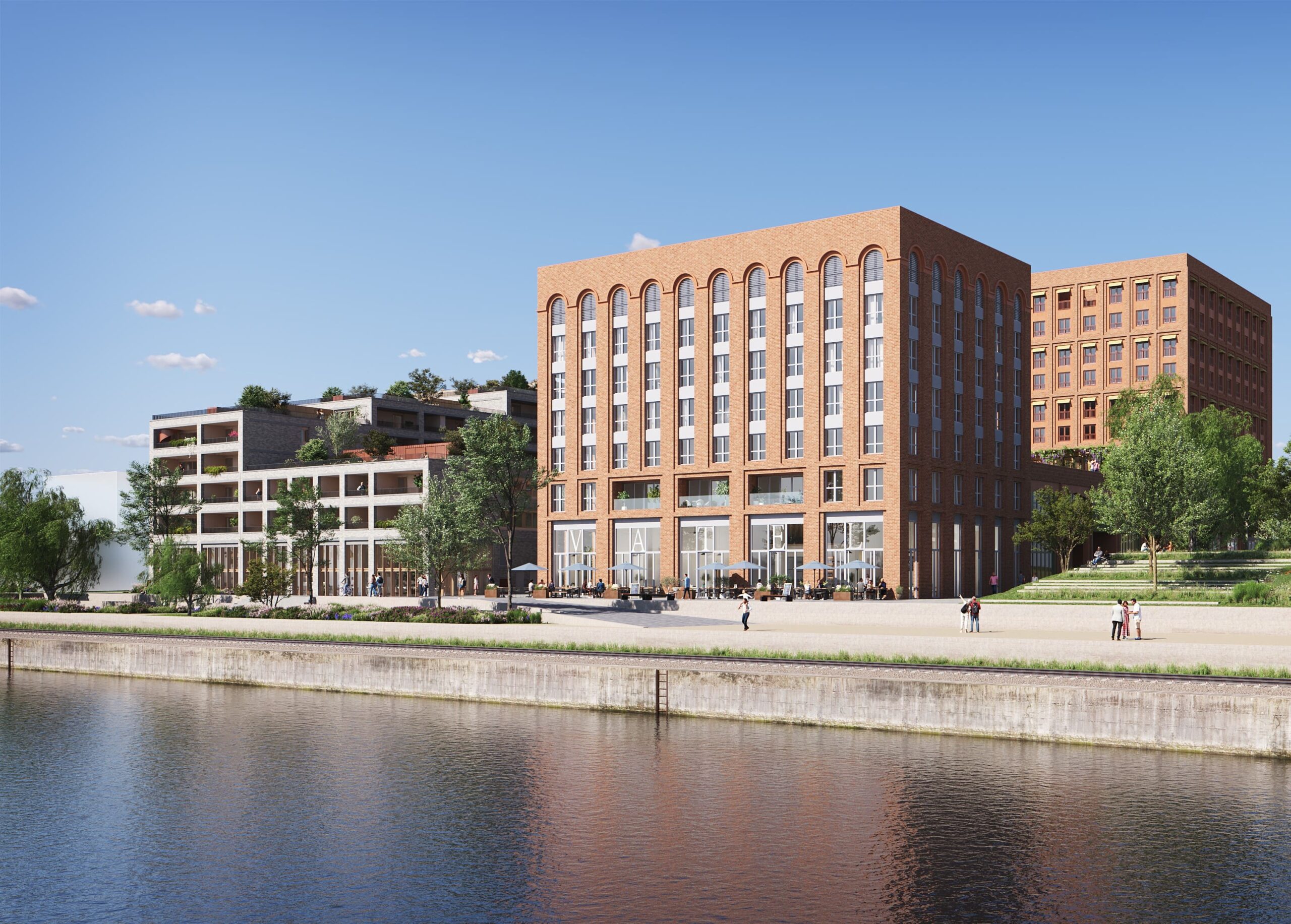How to Buy Property in France: 2024 Guide


So, you’re dreaming of buying property in France? Maybe a cottage in the countryside or a luxury apartment in the heart of Paris? Whatever you have in mind, here’s a complete guide on how to buy property in France that makes the process simple and easy to follow, even if you’re completely new to French real estate!
Why Buy Property in France?
France combines lifestyle and investment potential seamlessly. Its rich culture, scenic landscapes, and stable property market make it a popular choice for foreign buyers. Let’s dive into the steps to help make this dream a reality!
Step 1: Decide on Your Location in France
First, determine where you’d like to invest or reside. Each region offers unique charm:
- * Paris: Ideal for culture, history, and city life.
- * Provence: Known for its countryside beauty and vineyards.
- * Côte d’Azur: Offers sunny beaches and luxury living.
- * The French Alps: Perfect for skiing enthusiasts and mountain views.
Take time to visit a few areas to find the right fit for your needs and lifestyle.
Step 2: Know the Basics of Buying Property as a Foreigner
Good news—France has no restrictions on foreigners buying property. This means buyers from the U.S., U.K., and other countries have the same rights as French citizens, whether for a vacation home, investment, or permanent residence.
Step 3: Finalize Your Budget and Additional Costs
Plan for extra costs beyond the property price:
- * Notary Fees: Around 7-10% of the purchase price.
- * Taxes and Registration: Often included in notary fees but worth noting separately.
- * Agency Fees: Sometimes covered by the seller, but confirm in advance.
- * Maintenance Costs: Particularly for houses, consider upkeep, renovations, and utilities.
A comprehensive budget will help avoid unexpected expenses later.
Step 4: Understand the Buying Process
The French property buying process differs from some other countries. Here’s a summary:
- Offer and Acceptance: Make an offer to the seller. If accepted, move to the preliminary contract stage.
- Compromis de Vente (Preliminary Contract): A legally binding contract with a 10% deposit.
- Cooling-Off Period: A 10-day period after signing where you can back out without penalty.
- Acte de Vente (Final Contract): The final agreement, transferring property ownership.

Step 5: Work with a Notaire (Notary)
Every property sale in France is handled by a notaire, a neutral party who ensures legalities, checks documents, and registers the property. Vendome Property can connect you with English-speaking notaires to make this part of the process smoother.
Step 6: Financing Your Property
For buyers needing financing, French banks often provide mortgages to foreigners. You’ll need:
- * Financial Documents: Like tax returns and income proof.
- * Deposit: A 20% down payment is typically required.
French banks usually offer favorable fixed-rate mortgages, making it easier to plan for the future.
Step 7: Taxes and Residency Considerations
Owning property in France comes with tax obligations:
- * Taxe Foncière: An annual property tax.
- * Taxe d’Habitation: For those living in the property.
If you stay in France over 183 days annually, you may become a tax resident, subject to income tax. Consult a tax advisor if considering a long-term residence.
Renting Out Your French Property
Renting can help cover costs and provide income. Keep in mind that short-term rentals may have different regulations than long-term ones, so research is essential.
How Vendome Property Can Help
If these steps feel overwhelming, Vendome Property can guide you from selecting neighborhoods to handling paperwork, making the process seamless.
Final Tips for a Smooth Purchase
- * Visit Multiple Properties: French homes vary widely; seeing multiple options helps.
- * Get a Translator: A bilingual notaire or translator can clarify each step.
- * Be Patient: Finding the right property is worth the time investment.
FAQs
Q: Can foreigners buy property in France?
A: Yes! As Such, there is no restrictions on foreigners purchasing property in France.
Q: How much are closing costs in France?
A: Expect around 7-10% of the property’s price for notary and registration fees.
Q: Can I rent out my French property?
A: Absolutely, but make sure to check local rules if you’re planning on short-term rentals.




[…] GCC citizens can absolutely buy property in France! France’s real estate market is welcoming and accessible for non-European buyers, including […]